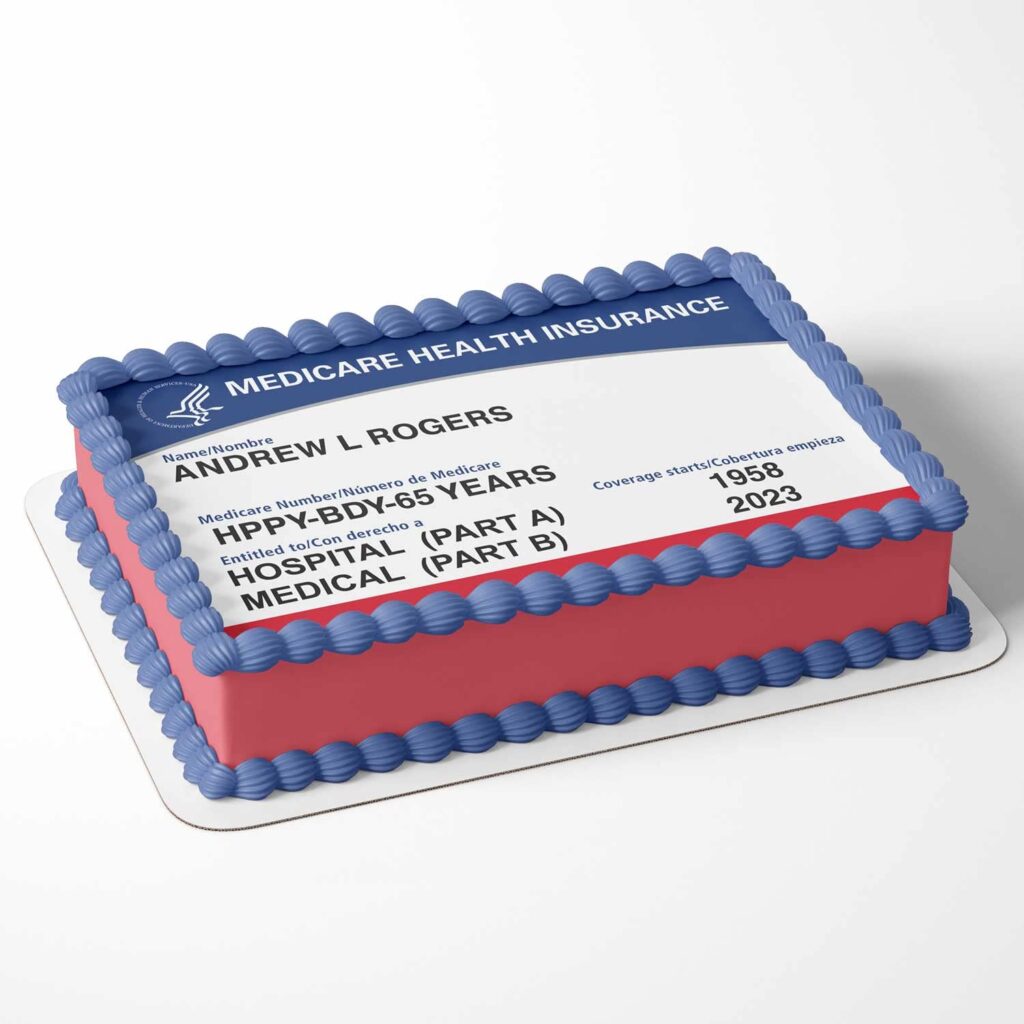Guide to Medicare Enrollment: When, How, and Who Can Enroll

Medicare, the vital healthcare program, offers crucial coverage for millions of Americans aged 65 and older, as well as certain younger individuals with disabilities. To access these benefits, understanding the enrollment process is essential. In this article “Guide to Medicare Enrollment: When, How, and Who Can Enroll“, we will delve into the various aspects of Medicare enrollment, including who is eligible to enroll, when they can enroll, and how to navigate the enrollment process.
It is my intention to answer most of your questions in this article, but if I miss something please email me at daniel@pascohernandoseniorservices.org and I will answer your question.
Who Can Enroll in Medicare?
Medicare eligibility is primarily based on age and certain medical conditions. Here’s a breakdown of the groups eligible for Medicare enrollment:
Individuals aged 65 and older: Most individuals become eligible for Medicare when they turn 65. This includes U.S. citizens and legal permanent residents who have lived in the country for at least five continuous years. Medicare eligibility is not based on income or medical history.
Individuals with disabilities: Younger individuals with certain disabilities can also enroll in Medicare. To qualify, you must have received Social Security Disability Insurance (SSDI) benefits for at least 24 months or have End-Stage Renal Disease (ESRD) or Amyotrophic Lateral Sclerosis (ALS).
Medicare Enrollment Periods
Understanding the various enrollment periods is crucial to ensure timely access to Medicare coverage. Let’s explore the enrollment periods available:
Initial Enrollment Period (IEP)
The Initial Enrollment Period (IEP) is the first opportunity for most individuals to enroll in Medicare. It typically starts three months before the month of their 65th birthday and extends for three months after their birthday month.
If you miss this seven-month window, you may potentially face penalties. It is essential to be aware of your IEP and enroll in Medicare Part A and/or Part B during this time to avoid any coverage gaps.
General Enrollment Period (GEP)
The General Enrollment Period (GEP) occurs annually from January 1st to March 31st. This period is for individuals who missed their IEP and didn’t sign up for Medicare during a Special Enrollment Period. It is important to note that enrolling in Medicare during the GEP may result in delayed coverage, as it takes effect on July 1st of the same year. Additionally, late enrollment penalties may apply.
Special Enrollment Periods (SEP)
Special Enrollment Periods (SEPs) are available for individuals who experience certain life events that qualify them for enrollment outside the regular enrollment periods. These events include retiring and losing employer-sponsored health coverage, moving to a new area, or qualifying for additional assistance programs. SEPs provide flexibility and allow individuals to sign up for Medicare when their circumstances change. It is crucial to understand the specific requirements and timeframes associated with each qualifying event to take advantage of these enrollment opportunities.
Annual Enrollment Period (AEP)
The Annual Enrollment Period (AEP), also known as the Open Enrollment Period, occurs from October 15th to December 7th each year. During this period, individuals already enrolled in Medicare can make changes to their coverage. You can switch from Original Medicare (Part A and Part B) to a Medicare Advantage plan or vice versa. You can also change your Medicare Advantage or Prescription Drug Plan. It’s important to review your options and compare plans to ensure your coverage meets your evolving needs.
Medicare Advantage Open Enrollment Period (MA OEP)
The Medicare Advantage Open Enrollment Period (MA OEP) allows individuals already enrolled in a Medicare Advantage plan to make changes to their coverage. It runs from January 1st to March 31st. During this period, you have the option to switch to another Medicare Advantage plan or return to Original Medicare with or without a standalone Part D prescription drug plan. Understanding the MA OEP is crucial for those considering changes to their Medicare Advantage coverage.
How to Enroll in Medicare
Once you determine your eligibility and the appropriate enrollment period, follow these steps to enroll in Medicare:
Gather necessary information: Before starting the enrollment process, gather important information such as your Social Security number, birthdate, and employment details, including any employer coverage you may have.
Decide on Medicare coverage: Choose the type of Medicare coverage that suits your needs: Original Medicare (Part A and Part B), Medicare Advantage (Part C), prescription drug coverage (Part D), or a combination of these options. Research and compare plans to find the best fit for your healthcare needs.
Enroll through Social Security: Most people will enroll in Medicare through the Social Security Administration (SSA). You have three options to apply: a. Online: Visit the SSA website (www.ssa.gov) and complete the online application. b. Phone: Contact the SSA at their toll-free number, 1-800-772-1213, and speak to a representative who will guide you through the application process. c. In-person: Schedule an appointment at your local SSA office and complete the enrollment application there.
Understand additional coverage options: If you choose Original Medicare (Part A and Part B), consider supplemental coverage, such as Medigap policies, to help cover costs that Medicare doesn’t pay. Evaluate your needs and explore supplemental coverage options available in your area.
If you have questions about Medicare, don’t hesitate to contact one of our local agents who work in your community. Visit PascoHernandoSeniorServices.org to schedule an appointment.
Conclusion
Medicare enrollment periods are time-limited opportunities that determine when and how you can enroll in or modify your Medicare coverage. Familiarizing yourself with the different enrollment periods, such as the Initial Enrollment Period, General Enrollment Period, Special Enrollment Periods, Annual Enrollment Period, and Medicare Advantage Open Enrollment Period, is essential for ensuring you have the healthcare benefits you need. Stay informed, plan ahead, and make informed decisions to maximize your Medicare coverage and enjoy peace of mind in your healthcare journey.



